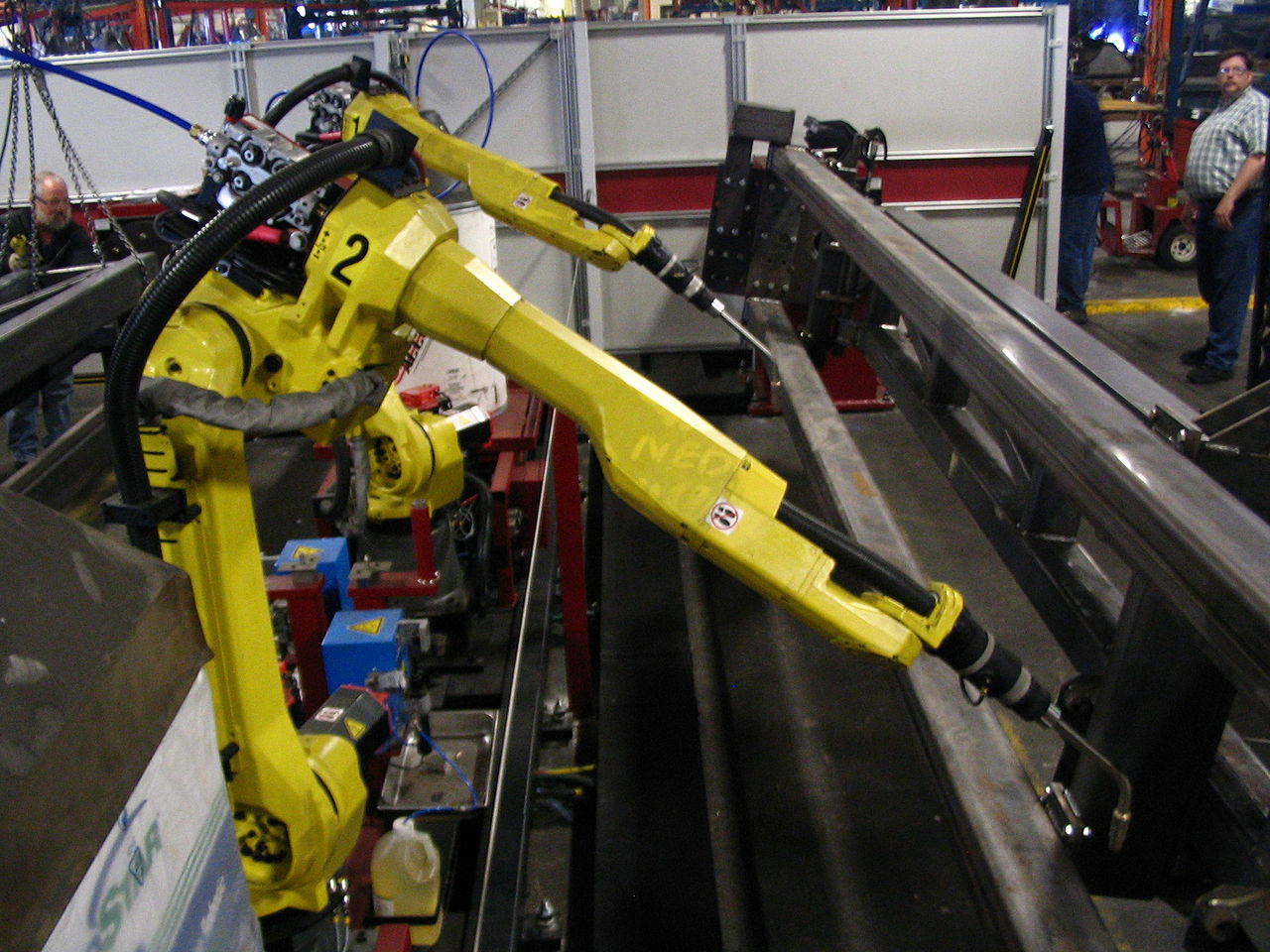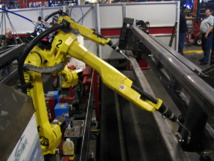Personnel performing administrative, clerical and production tasks can be most likely replaced with robots and artificial intelligence system, said chief economist of the Bank of England Andy Haldane. According to him, "the set of human skills, which can be performed by machines at a lower cost, has increased in quantity and quality."
Not only low-paying positions got into the list of endangered professions. Even accountants (who could have thought?) found themselves there. The probability of replacing them with automated systems is "staggering 95%," says Haldane. He added that the analysis shows that specialists in trade, as well as all involved in the leisure industry, are in the high-risk category, too.
The bank’s calculations show that one-third of jobs in the UK can be automated with a probability of 66%. Haldane has warned that in the future, robots will be able to qualify for the 15 million jobs in the UK and 80 million - in the United States.
When making calculations, The Bank of England drew upon studies conducted by the University of Oxford, the results of which were published in 2013. The work of Carl Benedikt Frey and Michael Osborne "The Future of Employment: How susceptible are jobs to computerisation?" notes that on that score, relatively safe are professionals such as occupational therapists, surgeons, dentists and all those involved in health and social services, as well as firefighters, farmers, coaches in various sports and priests.
Haldane noted that with the development of digital technology, demand for professionals who know how to program and have other technical knowledge will be increasingly growing. And so will vary accordingly educational programs. Also, according to the economist, small business will develop, offering customized services to individuals.
source: ft.com
Not only low-paying positions got into the list of endangered professions. Even accountants (who could have thought?) found themselves there. The probability of replacing them with automated systems is "staggering 95%," says Haldane. He added that the analysis shows that specialists in trade, as well as all involved in the leisure industry, are in the high-risk category, too.
The bank’s calculations show that one-third of jobs in the UK can be automated with a probability of 66%. Haldane has warned that in the future, robots will be able to qualify for the 15 million jobs in the UK and 80 million - in the United States.
When making calculations, The Bank of England drew upon studies conducted by the University of Oxford, the results of which were published in 2013. The work of Carl Benedikt Frey and Michael Osborne "The Future of Employment: How susceptible are jobs to computerisation?" notes that on that score, relatively safe are professionals such as occupational therapists, surgeons, dentists and all those involved in health and social services, as well as firefighters, farmers, coaches in various sports and priests.
Haldane noted that with the development of digital technology, demand for professionals who know how to program and have other technical knowledge will be increasingly growing. And so will vary accordingly educational programs. Also, according to the economist, small business will develop, offering customized services to individuals.
source: ft.com



















